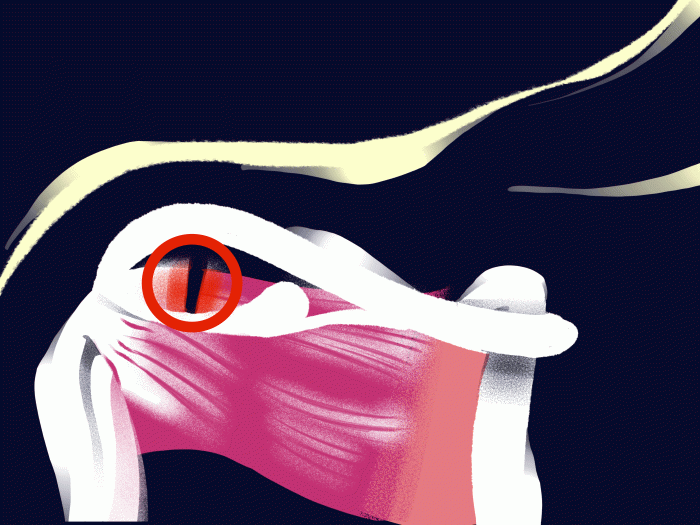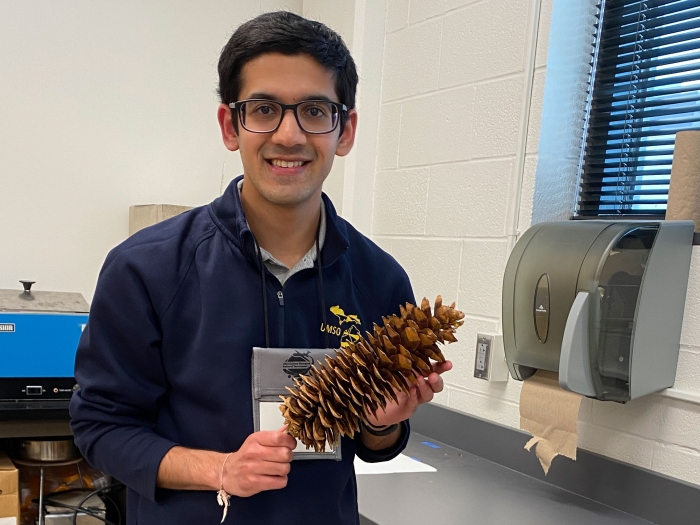Michael Imperiale is on NPR-and in The Record:
"Virologists are worried that the speculation that COVID-19 was caused by a lab accident or attack will lead to more regulation of experiments and stifle basic research needed to prepare for future pandemics. “There’s this complete disconnect between reality and what happened,” said Michael Imperiale, professor of microbiology and immunology."

Professor Emeritus/a

Health Lab
A famous sports announcer for University of Michigan football finds himself getting heart care at Michigan Medicine and spreading the word to others to be proactive about their heart health.

Health Lab
Rotator-cuff tears appear most in adults over the age of 40. These injuries are typically treated with physical therapy and surgical intervention as a last resort.

Health Lab Podcast
For people with erectile dysfunction, penile prosthesis surgery provides a safer, and more successful treatment option, than you might think.

Dose of Reality
University of Michigan medical student Sahil Tolia shares his love of forestry, a pastime he was able to pursue as a first-year medical student thanks to the flexible schedule of preclinical year.

Department News
The Carol Hollenshead Inspire Award for Excellence in Promoting Equity and Social Change recognizes faculty, staff and students — either an individual or a group — who have proven that social change is possible through persistent hard work and who demonstrate that one person can make a lasting difference in their communities. Girls Who Code was founded at U-M in 2017 by doctoral students in the Medical School’s Gilbert S. Omenn Department of Computational Medicine and Bioinformatics.

Health Lab
University of Michigan researchers found that emergency departments vary widely in how they balance the need to diagnose appendicitis with the potential harms of overtesting.